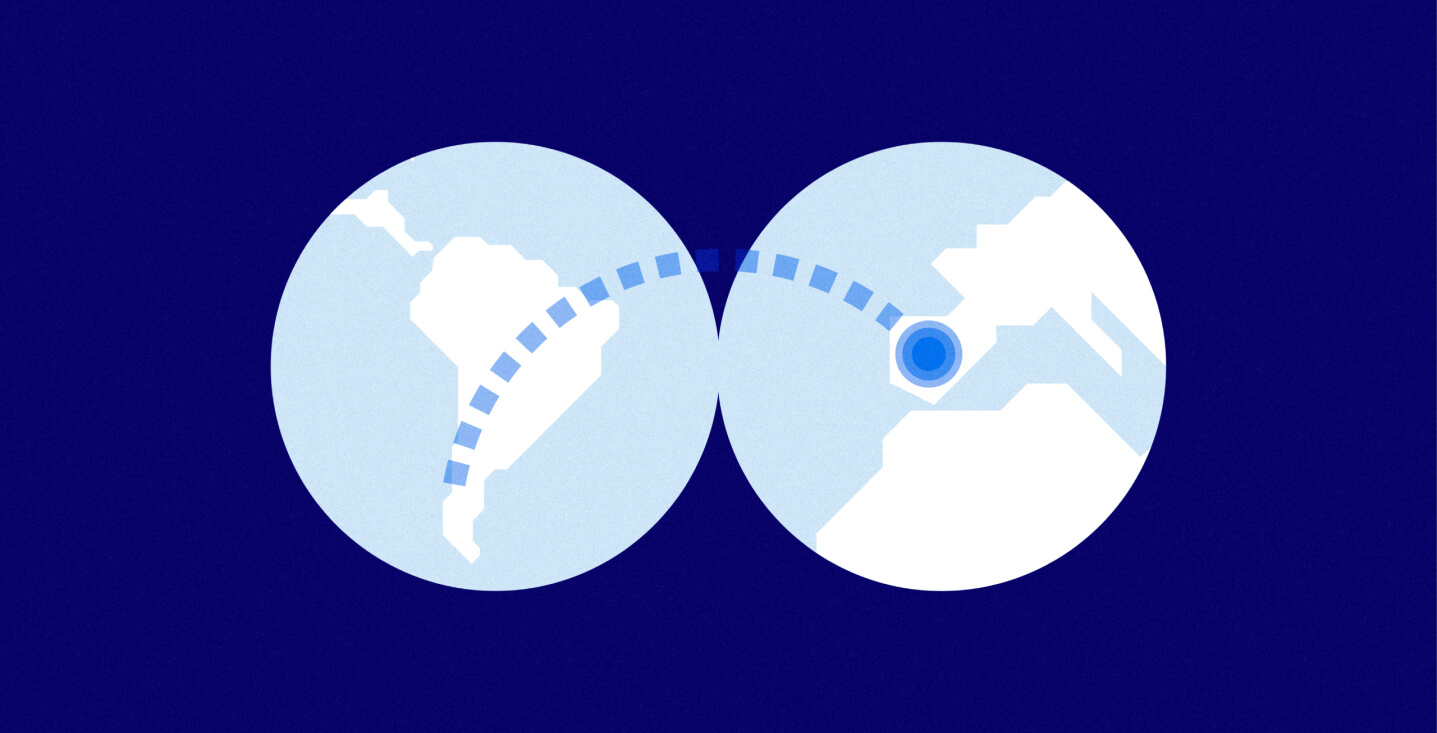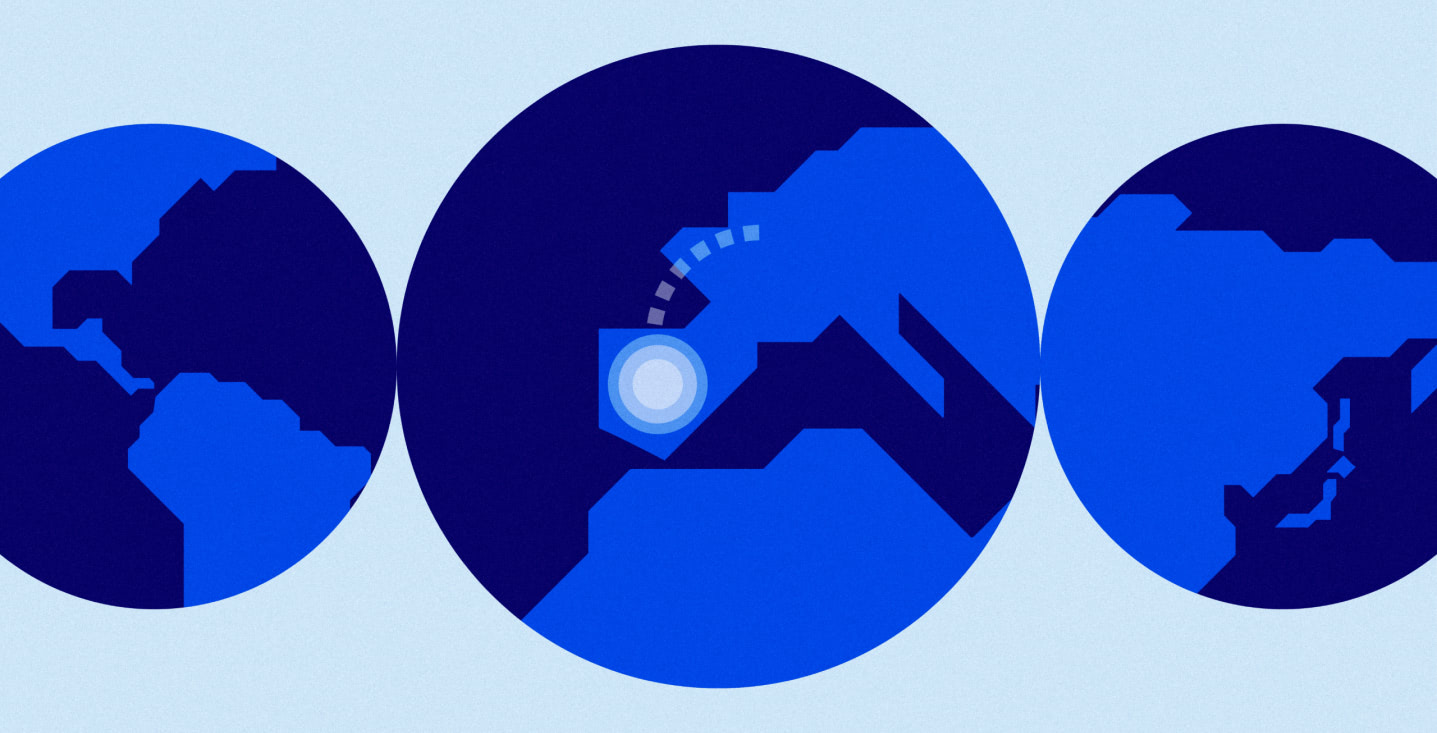29/09/2023
As technology continues to advance, it’s disrupting everything in its path—and the global geopolitical landscape is no different. The Master in Technology and Global Affairs investigates the critical interaction between tech and international relations, equipping students with the skill set necessary to confidently navigate both.
The power of technology is creating waves in global affairs. Its pervasive force continues to shape how nations interact, compete and cooperate. As tech continues to advance and grow, its influence on international politics, economics and society will continue to evolve, making it essential for governments, policymakers and diplomats to adapt.
The Master in Technology and Global Affairs is designed to bring students to the cutting-edge of these changes.
“A collaboration between IE School of Politics, Economics & Global Affairs and Sciences Po Paris School of International Affairs, this joint program focuses on technology’s potential to both disrupt and drive positive change.”

It aims to mold students into experts and sector leaders who understand tech’s growing influence and interconnectivity with global diplomacy, security, trade and development.
Emerging trends in tech and global affairs

“Technology’s impact on global affairs is causing notable shifts in geopolitics, economics, society and diplomacy.”
With our finger on the pulse of the latest trends, we’ve broken down the main ways in which technology is reshaping the landscape:
Communication and diplomacy
The internet influences how we look at the world in a lot of ways. But this doesn’t apply solely to our personal lives; technology in general—but especially social networks—has revolutionized how nations communicate and conduct diplomacy. In today’s fast-paced world, diplomats no longer travel for negotiations or to manage crises. Instead, they are using digital platforms to meet, resolve conflict and carry out public diplomacy, enabling faster, more direct communication and solutions.
The Master in Technology and Global Affairs gives students an in-depth look at the technological skills most widely used today.

Students can develop or deepen their analytical and methodological competencies while they learn to use these tools via practical methodologies.
Information and influence
They say that good news spreads quickly, but in today’s world, this pertains to all news. In recent years, the spread of information, disinformation and propaganda has been amplified by digital technology. The rapid pace at which information now moves has had unexpected ramifications on elections, public opinion and foreign interference in domestic affairs, resulting in growing concerns about information warfare and cybersecurity.
It’s imperative for leaders to stay up-to-date with the flow of digital information. Throughout the Master in Technology and Global Affairs, students will understand and anticipate its spread and how to stay ahead of it.
Cybersecurity and cyberwarfare
New advancements in technology also mean an increased vulnerability to cyberattacks. State-sponsored cyber espionage, cybercrime and cyber attacks on critical infrastructure pose significant threats. What’s more, cyberwarfare is now seen as a critical part of military strategy.
As part of the Master in Technology and Global Affairs’ curriculum, students will be trained to spot the challenges arising out of technology’s role in today’s complex landscape. Tech-savvy and skilled in international relations, graduates of this program will be ready to handle the new threats technology poses to global security if it’s placed in the wrong hands.
Geopolitical tech competition
Technology has evolved into a key part of the global economic system as it drives competition worldwide. Nations are striving to position themselves at the forefront of emerging technologies, including AI, 5G networks, quantum computing and space exploration. The new space race, for example, has led to discussions about space governance, space militarization and resource utilization in space.
As all of these advanced technologies have far-reaching economic and security implications, public- and private-sector actors must be well-versed in how they work and how to keep themselves protected.

The Master in Technology and Global Affairs prepares future leaders for just that.
Economic transformation and supply chain disruption
Today, the digital economy and e-commerce are a core part of global trade. That’s largely because technology has allowed for cross-border transactions, digital currencies and online marketplaces. These innovations are now a staple in how we do business, changing the shape of traditional trade models forever.
On the other hand, tech has also exposed pain points in global supply chains. Events such as the global pandemic have pushed nations and businesses alike to reassess supply chain resilience and diversify their resources.
Data governance and privacy
As people use tech, they generate massive amounts of data. So it’s no surprise that data has become a valuable global asset. Issues of data governance, privacy and surveillance are more critical than ever before and regulations like the General Data Protection Regulation (GDPR) and debates over data localization affect international relations. As data protection continues to be a big part of the conversation, students from the Master in Technology and Global Affairs will play a vital role in forecasting and defining the future rules of tech.
Environmental sustainability
Sustainability is the foremost concern for today’s most successful businesses. Technology is now essential for addressing the most pressing environmental challenges around the world. And as innovations in renewable energy, climate modeling and environmental monitoring continue to be a central part of the global efforts to combat climate change, leaders need to be prepared to adapt quickly and implement the most important solutions.
Ethics and human rights
As artificial intelligence becomes even more intelligent, ethical and societal questions come into play. Due to AI’s potential to shape global society and conflict, international discussions on AI ethics, regulation and norms are already ongoing.
Another subject of global importance involves human rights. Online censorship, surveillance and the balance between security and civil liberties are causing a spike in international debates and diplomatic efforts.
A comprehensive program
Putting graduates firmly on the crossroads of tech and policy, the Master in Technology and Global Affairs shapes creative thinkers who can confidently lead in both the public and private sectors. The program empowers students to combine their technological expertise with their critical-thinking, analytical and communication skills, allowing them to work across cultures and see varying perspectives in order to find solutions that lead to positive, meaningful change on a global scale.








